Climate of fear: The silencing of the planet’s indigenous peoples
FEATURING

Mikhail Khodorkovsky
Dissident
Mikhail Khodorkovsky is founder of the Justice for Journalists Foundation.
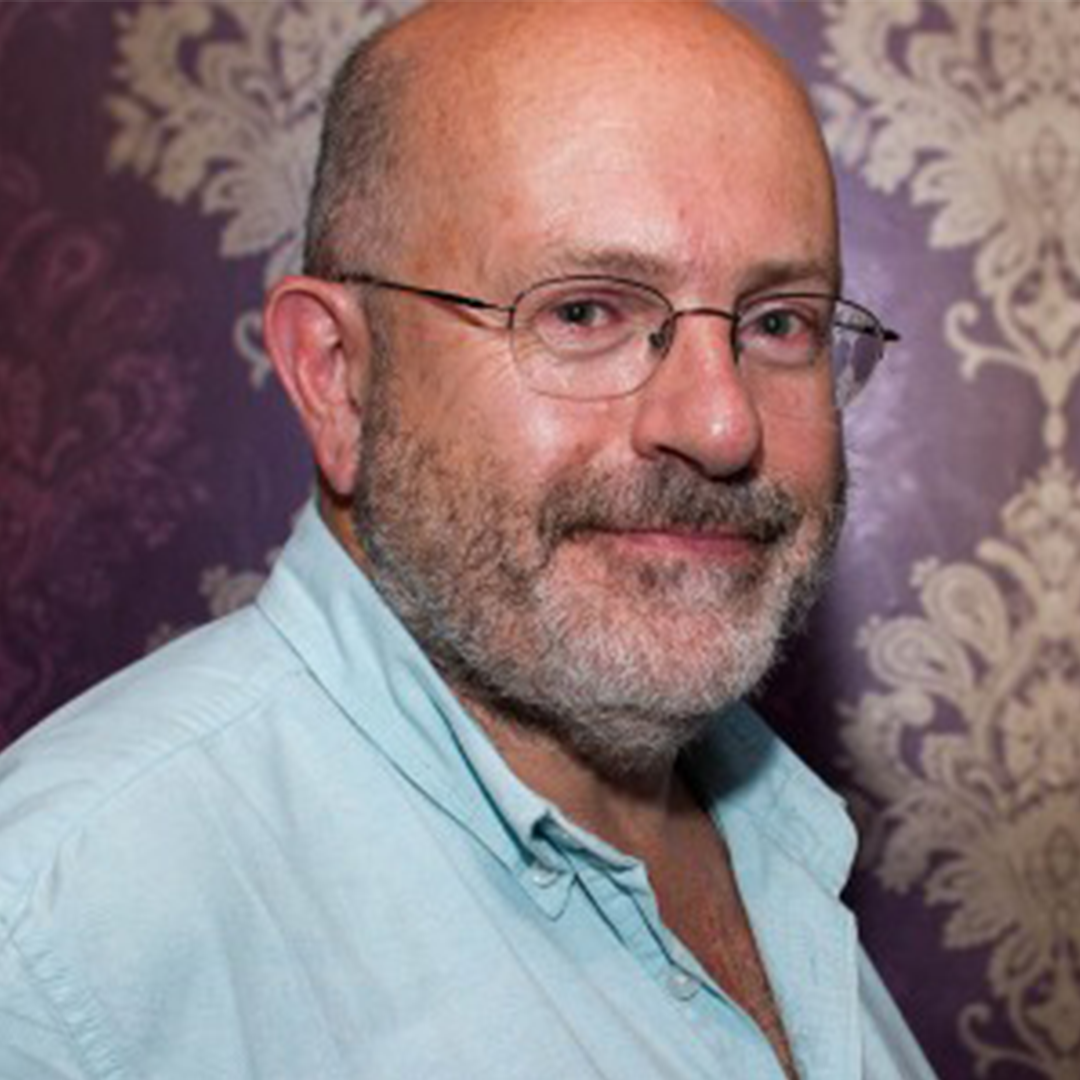
John Sweeney
Journalist
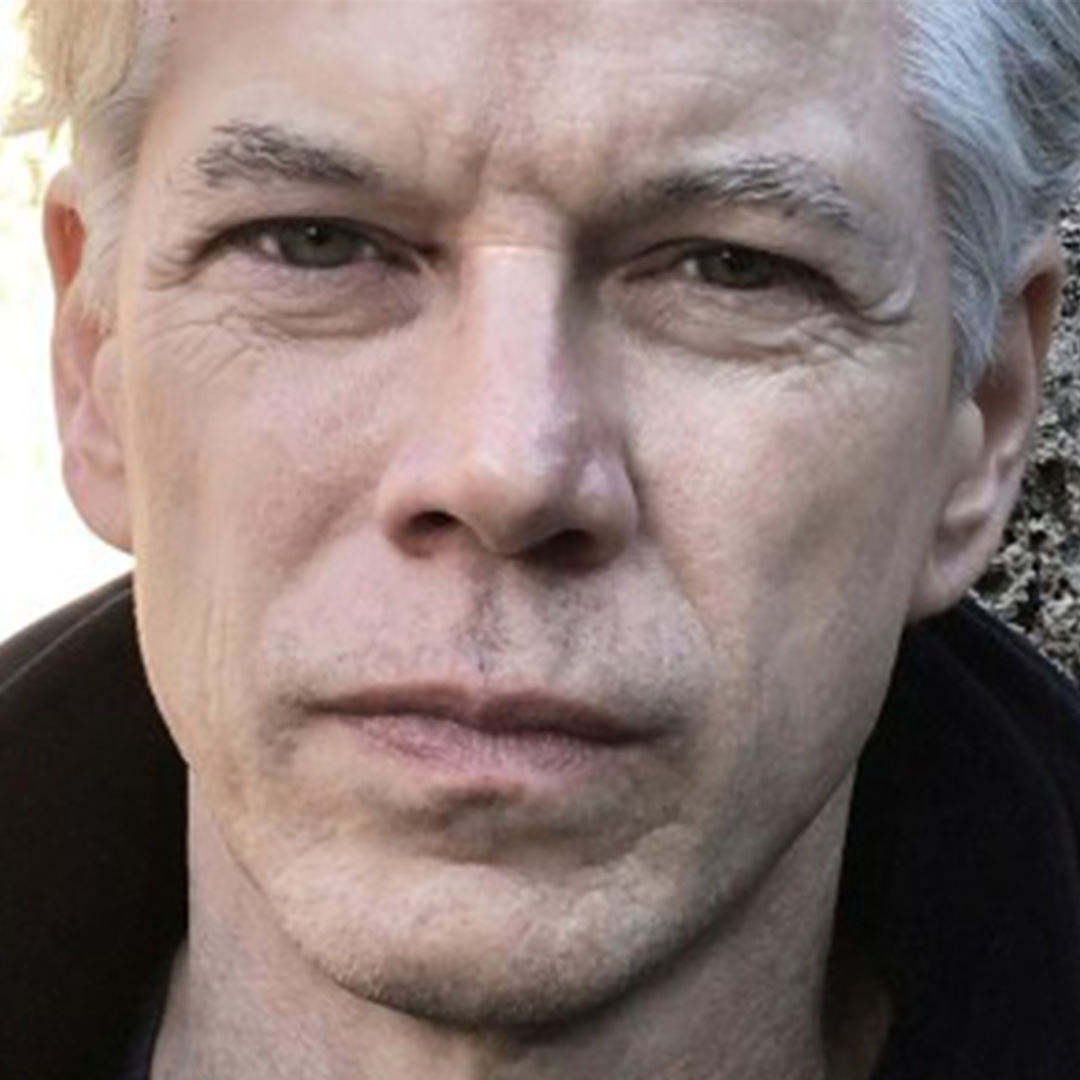
Kelly Duda
Activist and producer
FEATURING

Dissident
Mikhail Khodorkovsky is founder of the Justice for Journalists Foundation.

Journalist

Activist and producer
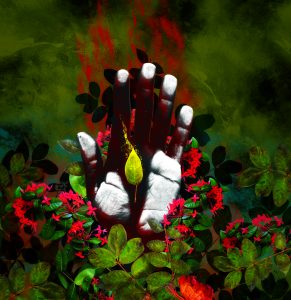
The Autumn issue of Index magazine focuses on the struggle for environmental justice by indigenous campaigners. Anticipating the United Nations Climate Change Conference (COP26), in Glasgow, in November, we’ve chosen to give voice to people who are constantly ignored in these discussions.
Writer Emily Brown talks to Yvonne Weldon, the first aboriginal mayoral candidate for Sydney, who is determined to fight for a green economy. Kaya Genç investigates the conspiracy theories and threats concerning green campaigners in Turkey, while Issa Sikiti da Silva reveals the openly hostile conditions that environmental activists have been through in Uganda.
Going to South America, Beth Pitts interviews two indigenous activists in Ecuador on declining populations and which methods they’ve been adopting to save their culture against the global giants extracting their resources.
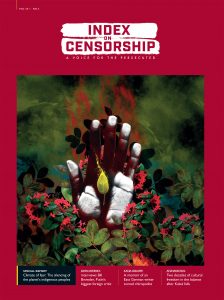 Cover of Index on Censorship Autumn 2021 (50-3)[/caption]
Cover of Index on Censorship Autumn 2021 (50-3)[/caption]
A climate of fear, by Martin Bright: Climate change is an era-defining issue. We must be able to speak out about it.
The Index: Free expression around the world today: the inspiring voices, the people who have been imprisoned and the trends, legislation and technology which are causing concern.
Pile-ons and censorship, by Maya Forstater: Maya Forstater was at the heart of an employment tribunal with significant ramifications. Read her response the Index’s last issue which discussed her case.
The West is frightened of confronting the bully, by John Sweeney: Meet Bill Browder. The political activist and financier most hated by Putin and the Kremlin.
An impossible choice, by Ruchi Kumar: The rapid advance of Taliban forces in Afghanistan has left little to no hope for journalists.
Words under fire, by Rachael Jolley: When oppressive regimes target free speech, libraries are usually top of their lists.
Letters from Lukashenka’s prisoners, by Maria Kalesnikava, Volha Takarchuk, Aliaksandr Vasilevich and Maxim Znak: Standing up to Europe’s last dictator lands you in jail. Read the heartbreaking testimony of the detained activists.
Bad blood, by Kelly Duda: How did an Arkansas blood scandal have reverberations around the world?
Welcome to hell, by Benjamin Lynch: Yangon’s Insein prison is where Myanmar’s dissidents are locked up. One photojournalist tells us of his time there.
Cartoon, by Ben Jennings: Are balanced debates really balanced? Ask Satan.[/vc_column_text][/vc_column][/vc_row][vc_row][vc_column][vc_custom_heading text=”Special Report” font_container=”tag:h2|font_size:22|text_align:left”][/vc_column][/vc_row][vc_row][vc_column][vc_column_text]
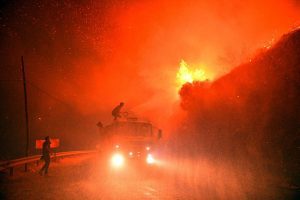
Credit: Xinhua/Alamy Live News
It’s not easy being green, by Kaya Genç: The Turkish government is fighting environmental protests with conspiracy theories.
It’s in our nature to fight, by Beth Pitts: The indigenous people of Ecuador are fighting for their future.
Respect for tradition, by Emily Brown: Australia has a history of “selective listening” when it comes to First Nations voices. But Aboriginal campaigners stand ready to share traditional knowledge.
The write way to fight, by Liz Jensen: Extinction Rebellion’s literary wing show that words remain our primary tool for protests.
Change in the pipeline? By Bridget Byrne: Indigenous American’s water is at risk. People are responding.
The rape of Uganda, by Issa Sikiti da Silva: Uganda’s natural resources continue to be plundered.Cigar smoke and mirrors, by James Bloodworth: Cuba’s propaganda must not blight our perception of it.
Denialism is not protected speech, by Oz Katerji: Should challenging facts be protected speech?
Permissible weapons, by Peter Hitchens: Peter Hitchens responds to Nerma Jelacic on her claims for disinformation in Syria.
No winners in Israel’s Ice Cream War, by Jo-Ann Mort: Is the boycott against Israel achieving anything?
Better out than in? By Mark Glanville: Can the ancient Euripides play The Bacchae explain hooliganism on the terraces?
Russia’s Greatest Export: Hostility to the free press, by Mikhail Khordokovsky: A billionaire exile tells us how Russia leads the way in the tactics employed to silence journalists.
Remembering Peter R de Vries, by Frederike Geeerdink: Read about the Dutch journalist gunned down for doing his job.
A right royal minefield, by John Lloyd: Whenever one of the Royal Family are interviewed, it seems to cause more problems.
A bulletin of frustration, by Ruth Smeeth: Climate change affects us all and we must fight for the voices being silenced by it. Credit: Gregory Maassen/Alamy[/caption]
Credit: Gregory Maassen/Alamy[/caption]
The man who blew up America, by David Grundy: Poet, playwright, activist and critic Amiri Baraka remains a controversial figure seven years after his death.
Suffering in silence, by Benjamin Lynch and Dr Parwana Fayyaz The award-winning poetry that reminds us of the values of free thought and how crucial it is for Afghan women.
Heart and Sole, by Mark Frary and Katja Oskamp: A fascinating extract gives us an insight into the bland lives of some of those who did not welcome the fall of the Berlin Wall.
Secret Agenda, by Martin Bright: Reforms to the UK’s Official Secret Act could create a chilling effect for journalists reporting on information in the public interest.
[vc_row][vc_column][vc_column_text]

British journalist Clare Rewcastle Brown Photograph by Felix Clay
This morning ARTICLE 19, Index on Censorship and Fair Trials wrote to Interpol to request clarification about whether a Red Notice or Diffusion has been issued against the British journalist, Clare Rewcastle Brown. The fourteen undersigned organisations would like to reiterate calls for Interpol to clarify the situation in order to ensure Ms Rewcastle Brown’s unrestricted entry to Spain later this week.
Ms Rewcastle Brown is the founder and editor-in-chief of the Sarawak Report and known for exposing high-level corruption involving the former Prime Minister of Malaysia (popularly known as the ‘1MDB scandal’). In 2015, the Sarawak Report published an article on the diversion of USD 700m into the personal accounts of the prime minister of Malaysia, Najib Razak. Subsequently, Ms Rewcastle Brown faced charges of ‘activities detrimental to parliamentary democracy’, which formed the basis of a Red Notice request by the Malaysian authorities. In August 2015, Fair Trials wrote to Interpol expressing concerns that the Red Notice would likely violate Interpol’s rules. At the time, they took the unusual step of confirming that although a Red Notice request had been received, it was refused by the General Secretariat.
As of 23 September 2021, Ms Rewcastle Brown has been subject to a new arrest warrant in Malaysia. According to media reports, she is wanted over criminal defamation charges brought by the wife of the Sultan of Terengganu regarding statements made about her in Ms Rewcastle Brown’s 2018 book about the 1MDB scandal.
If a Red Notice has been issued, Ms Rewcastle Brown could be arrested when she travels to Spain later this week to visit an elderly relative who needs her support. There is also a risk that she could be held in detention and face extradition to Malaysia.
The undersigned organisations have serious concerns that the Malaysia National Central Bureau might be trying to use Interpol’s systems to judicially harass Ms Rewcastle Brown. The organisations are calling on Interpol to clarify whether there has been an attempt to issue a Red Notice or Diffusion by Malaysia, and whether such an attempt has been successful.
Clare Rewcastle Brown said: “These criminal charges are linked to a civil defamation case and my lawyers believe they represent an abuse of due process to put pressure on me as the defendant against a politically powerful litigant. When the original criminal complaint was brought in 2018 the police declined to action it. However, last month the political party behind the multi-billion dollar 1MDB sovereign wealth fund theft, which lost an election after I had exposed the scandal, returned to office.
“I am concerned that the same actors who tried to abuse Interpol by having me arrested as a terrorist in 2015 will, having returned to power, attempt to file another Interpol Red Notice alert with the aim of having me detained anywhere in the world. They are seeking to paint me as a criminal for exposing their corrupt practices which is my job as a journalist and they are using a claim of ‘criminal libel’ which is simply not a crime that exists in the UK or most democratic countries where the freedom of journalists to report on the politically powerful is rightly protected. I could be thrown into jail at a border by officials who have no idea about the background to this case or the spurious nature of these charges and then face months of legal action fighting extradition charges to get back to Britain.”
Bruno Min, legal director at Fair Trials said: “Some countries will go to extraordinary lengths to quash dissent, including by abusing Interpol Red Notices and Diffusions to harass and intimidate critics, wherever they might be. Interpol must send a clear message to the world that it will not tolerate the misuse of its systems as a tool of oppression by ensuring that journalists and writers like Clare Rewcastle Brown are protected from abusive Red Notices and Diffusions.”
Sarah Clarke, Head of Europe and Central Asia at ARTICLE 19 said: “This latest act of legal intimidation by the Malaysian authorities against Clare Rewcastle Brown is part of a pattern of serious judicial harassment against the journalist as a direct reprisal for her work in exposing massive corruption. Interpol must recognise this as a vexatious act of intimidation and ensure they are not complicit in the abuse of their system.”
Jessica Ní Mhainín, policy and campaigns manager at Index on Censorship said: “It’s an indictment of international policing that a journalist travelling from one jurisdiction to another should fear an arrest for her work, which is overwhelmingly in the public interest. Interpol should take immediate steps to block any efforts by the Malaysian authorities to abuse its systems to harass Clare Rewcastle Brown, and ensure her unrestricted entry to Spain.”
Read the letter to INTERPOL here
Contact: Jessica Ní Mhainín, policy and campaigns manager, [email protected]
SIGNED:
ARTICLE 19
Blueprint for Free Speech
The Daphne Caruana Galizia Foundation
English PEN
European Centre for Press and Media Freedom (ECPMF)
Fair Trials
IFEX
Index on Censorship
International Press Institute (IPI)
Justice for Journalists Foundation
OBC Transeuropa (OBCT)
PEN International
Reporters Without Borders (RSF)
South East Europe Media Organisation (SEEMO)[/vc_column_text][/vc_column][/vc_row]
[vc_row][vc_column][vc_column_text] Index on Censorship is extremely concerned at the lawsuit that has been filed against author and journalist Oliver Bullough (right). Bullough is being sued in Portugal by the vice president of Angola for €525,000 in relation to his award-winning non-fiction book, Moneyland.
Index on Censorship is extremely concerned at the lawsuit that has been filed against author and journalist Oliver Bullough (right). Bullough is being sued in Portugal by the vice president of Angola for €525,000 in relation to his award-winning non-fiction book, Moneyland.
The complaint relates to questions Bullough raised in his book about how Angola’s Vice President Bornito de Sousa Baltazar Diogo could have afforded to spend USD $200,000 on custom-made bridal wear for his daughter. De Sousa claimed that he paid for the dresses on his public servant’s salary, after the shopping spree was featured on the US reality TV show “Say Yes to the Dress”.
“We need investigative journalism to hold power to account. How can journalists be expected do this if they are being subject to aggressive legal claims in plaintiff-friendly jurisdictions?” said Jessica Ní Mhainín, Policy and Campaigns Manager at Index on Censorship. “Bullough is being sued for more than half a million Euro in a jurisdiction he has never before set foot in, for publishing information that is clearly in the public interest.”
Bullough’s Portuguese publisher, 20/20 Editora, is named as the second defendant in the lawsuit. Separately, de Sousa is suing Portuguese anti-corruption activist Paulo de Morais, co-founder of the Portuguese chapter of Transparency International, who recounted the purchases on Portuguese television.
Index on Censorship has filed a Council of Europe media freedom alert.[/vc_column_text][/vc_column][/vc_row]